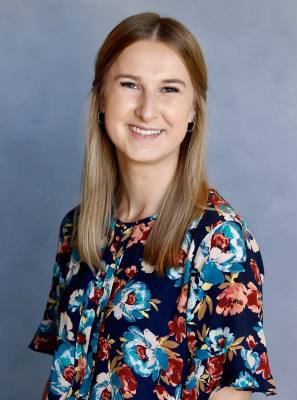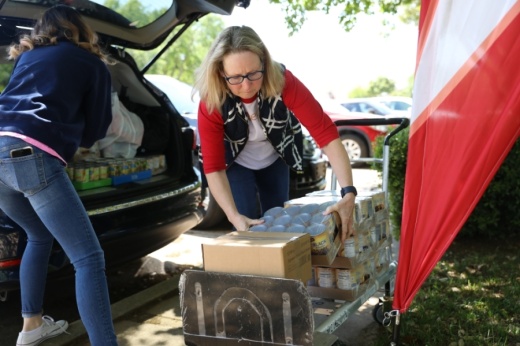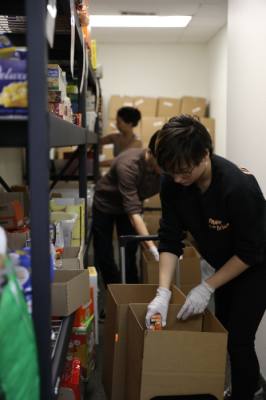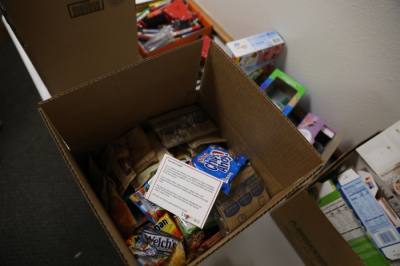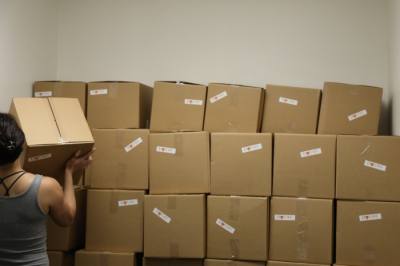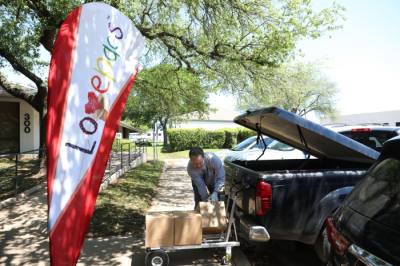Lovepacs serves children on the free and reduced lunch program, providing non-perishable foods during extended school breaks, like Thanksgiving, and winter and spring breaks. The nonprofit packs and delivers boxes that feed a child breakfast, lunch and snacks for a week and has continued to do so since schools closed in mid-March.
“We’re going week by week,” said Mimi Conner, leader of the Plano Lovepacs chapter. “Some weeks the demand is higher, some weeks the demand is lower.”
Lovepacs uses its relationship with school staff and counselors to target those who are without transportation to pick up food from food drives or those with specific needs which larger food pantries might not be able to fulfill, Conner said.
During the pandemic, extra items are being provided that can be shared with the family, like extra rice, beans and seasoning, in the hopes the packages can spread a little further.
Now, Lovepacs is partnering with Eddie’s Diner and Central Market to create a hot meal for families to eat on the weekends.
“We call it the meal out of the box,” Conner said. “Offering to have at least one good hot meal on a Friday, we’re hoping then they have leftovers... they could feed their kids the next day or that Sunday. And then on Monday, they're back into the community support. Because over the weekend, there's no community support.”
The new program will start small, requiring reservations and limiting which schools are included, Conner said. Lovepacs will purchase the food the restaurant will make, helping keep a local restaurant in business while giving an opportunity for the business to give back to the community, she said.
Being able to purchase food from a restaurant will also allow Lovepacs to spend its money on large orders of food. Many grocery stores have chosen to ban large purchases during the pandemic, making it difficult for Lovepacs to keep its food supply filled.
To combat this, the nonprofit is largely depending on individuals to donate food or to let the pantry know where larger stocks of needed food might be. Conner will go out and purchase foods, making multiple trips through the checkout lines to purchase more at one time, she said. A recent trip to Aldi required six separate purchases, she said.
With donated food from the community, the North Texas Food Bank and community members, the pantry is staying open and shelved, although it is up and down, she said.
“There's never a surplus,” Conner said. “We kind of build up our donations—they're coming in, and then all of a sudden, we're bare-bones, and then we've got to start all over again.”
A donation box sits outside of Lovepacs' location off 15th Street, encouraging contact-less donations. To minimize the possibility of coronavirus spread, Lovepacs has also reduced its number of volunteers, allowing only one family to pack boxes at a time, she said.
“I have to turn them away just because we really limit the number of people to be involved,” Conner said. “But that is a good thing because going forward we have all these people that now know about us and know what we do, that we should never, ever be short of volunteers again. And that's a good thing. That's a good thing.”


